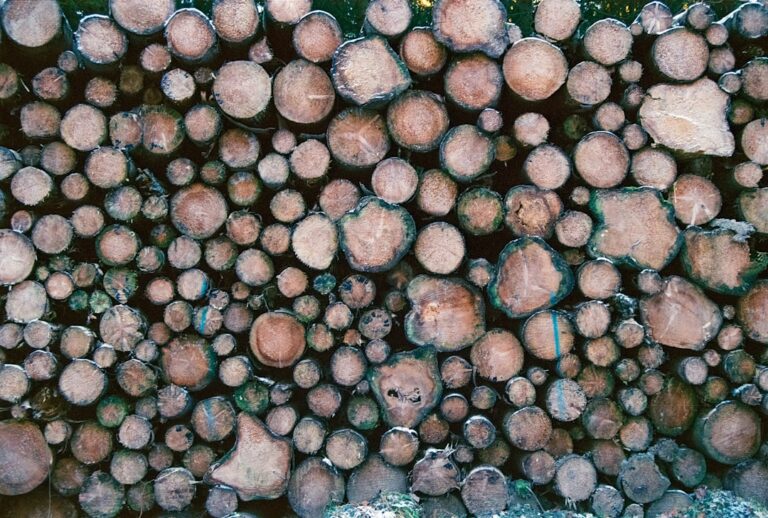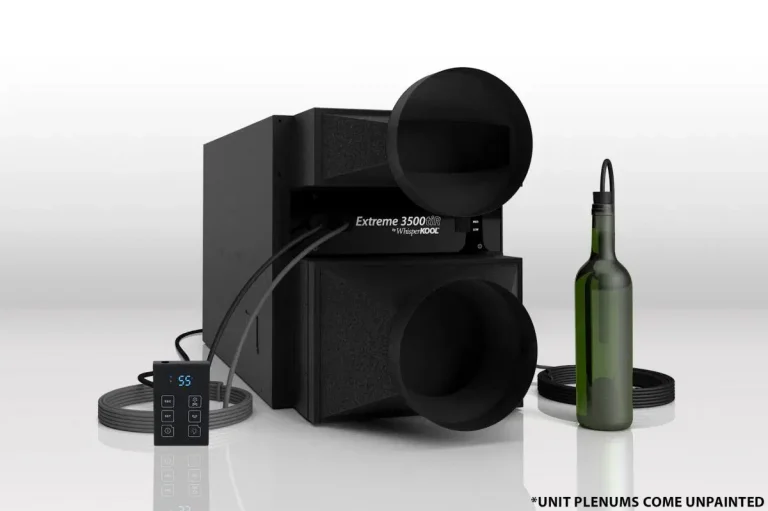Cork, Synthetic Cork, Twist-off…is there really a difference??
We have all heard many stories around corks, but the gist of what I have always heard, in terms of quality, is as follows…
- Twist off cap is equivalent to drinking a basic wine
- Synthetic corks, polyethylene, are cheap wines (but were at one point meant to change how every bottle of wine was corked)
- Real Cork is classic and the best form to keep oxygen out, a typical cork will let in about one milligram of oxygen per year, but 1-2% of corks will taint some of the best wines!
- I have also heard that cork is becoming an endangered source, but after much research, this may have been a scare at one time, but doesn’t seem to be a concern anymore.
I picked out three bottles that we had in our cellar, one with real cork, one synthetic and one twist off. My first observation is that my “beliefs”, as bullet-ed above are SO wrong. The Petroni Vineyards Brunello, the most expensive at around $60 a bottle, had the Synthetic Cork!! The Riviera Pinot Noir from Sonoma County, around $20 per bottle had the twist off and I picked a Tamayo Red Wine from Contra Costa County, also around $20, that had the real cork.
In the 70’s more than half of Australian bottled wine went bad due to corking and they blamed the Portuguese and Spanish cork suppliers. This is when alternative methods of corking really took off, such as the “Stelvin” cap aka twist-off. These “bad corks” actually pushed a lot of Australian wines to exclusively use twist-offs…High End, Medium of the Road and budget wines.
I have been reading a lot on this and there are pros and cons to all three and I can’t seem to find an answer as to which one is best. The Winemaker has to take a lot of elements into consideration when picking what they will put in the neck of the bottle…from science, to environmental factors, performance, is it biodegradable and of course cost!
For example, Synthetic corks are predictable, and winemakers can take that into consideration when bottling, which actually makes them appealing. As mentioned above as to what happened in Australia, a bad experience can change an entire regions perspective on how to cork.
Some White wines actually thrive with the twist-off cap, I read one article by Robert Joseph where he had an “encounter with a brilliantly youthful 25- year-old screwcap-sealed Pewsey Vale, Eden Valley Riesling which proved that white wine, at least, could age perfectly well without a cork”
Again, there are pros and cons to all…at the end of the day, Don’t let the cork give you a false positive or false negative on the quality…If I would have followed my own logic, I never would have tasted the yummy Petroni Brunello!
If the wine tastes good to you, who cares what is in the neck of the bottle…just enjoy it!
Home Is where the wine is!








